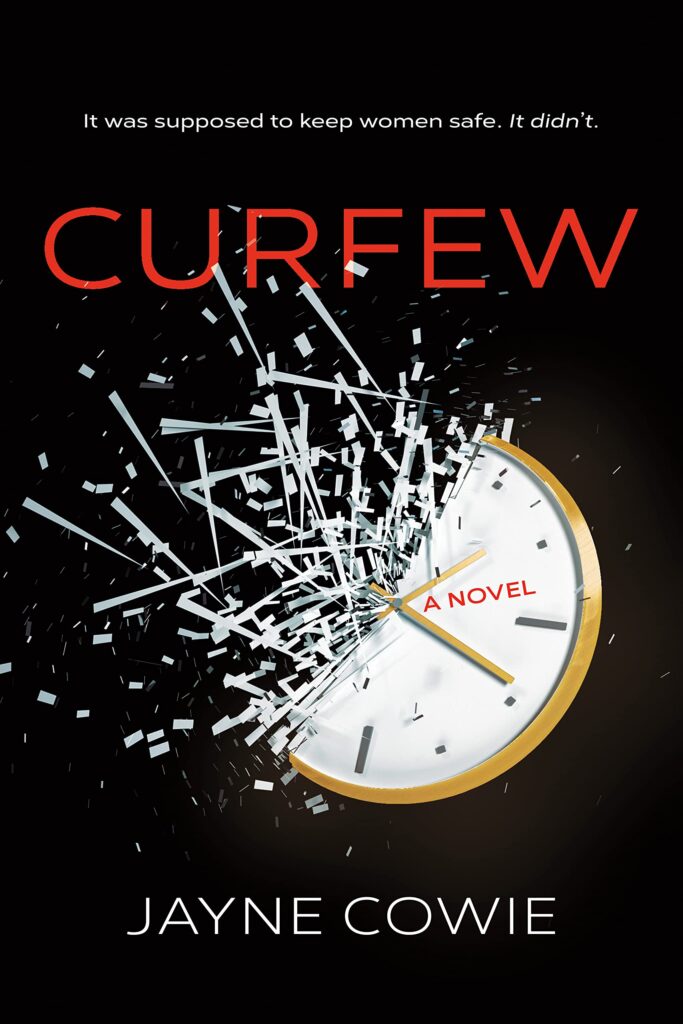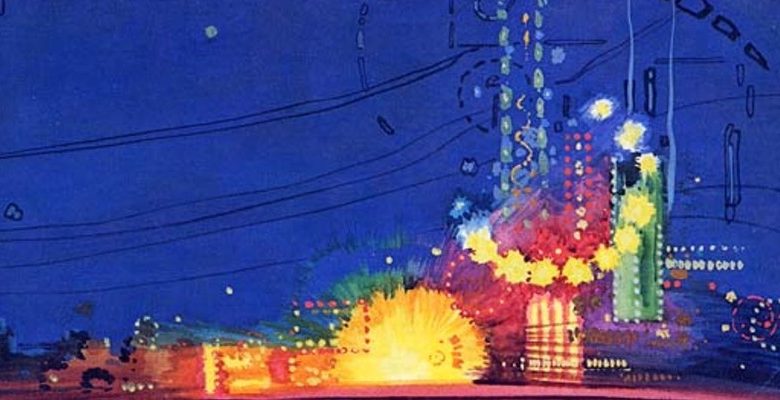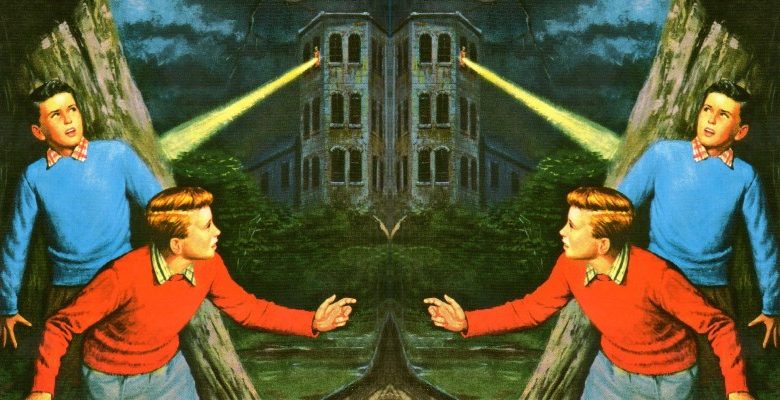[ad_1]

The following is an exclusive excerpt from Curfew, by Jayne Cowie. In not-too-future England, a curfew designed to keep women safe women prevents men from walking around at night. But it does more than that: it strictly regulates the activities of men at all times of day, especially men attempting to procreate. But then a woman is murdered after hours, leading everyone to wonder if a woman might be responsible for such a crime, after all.
6:20 a.m.
When I was a young woman at the police training academy, I learned two important things. First was that you never forget your first dead body. And second was that
behind every dead woman was a man who would swear that she was the love of his life, even as he stood there in a blood‑soaked T‑shirt with the knife still gripped firmly in his hand. But that was a long time ago, thirty years to be exact, and things have changed since then. We’re safe in our homes, because it’s easy to escape a bad relationship now. And we’re safe in public, too.
That’s what makes today unusual.
She’s been found on an otherwise normal October morning, when the sky is a soft gray, the ground is littered with crisp autumn leaves, and men are still under Curfew. The call came in just after six a.m. It was short and to the point. I was the most senior officer on duty at the time, and so I’m the first at the scene. Whoever dumped her body tried to hide it behind the glossy green leaves of a stretch of laurel and didn’t do a very good job. If they had, it might have been days before she was found instead of a few hours.
I don’t want to be here. I’m only a few weeks away from retirement. I expected to finish with a bit of shoplifting and perhaps an act or two of vandalism, an abandoned puppy, a domestic dispute. But this is the job.
I cross the park with two of my officers, our dark uniforms and heavy boots a stark contrast to the lush spread of grass and the pansies and violas bursting from the flower beds. It’s beautiful here, especially when it’s just starting to get light. It’s peaceful. Quiet. Clean.
The three of us automatically pick up speed when we see a couple of women huddled together on a bench next to the lake. One is wearing a white jacket stretched around a full middle‑aged body. The other is much younger, dressed in leggings and bright pink trainers, her hair pulled up into a messy bun on the top of her head. Early birds, getting their daily exercise before the men are allowed out at seven a.m. “I guess they found her,” says Rachel. She’s only been a police officer for a few years. She’s keen, but she’s young, and she’s only ever done this job with Curfew in place. She doesn’t know what it was like before. She doesn’t know. She’s trying to be calm, professional, but inside, I can tell that she’s excited, and it worries me. For Rachel, this is something new. Something big. Adrenaline is pumping. I can feel it, too, but I’m not excited. I’m afraid.
“I’ll speak to them first,” I say. “They’ll be in shock.”
“I know how they feel,” Rachel replies. “I just . . . how can this have happened?”
“We don’t know,” I say. “So let’s keep an open mind until we do. For all we know, she’s had some sort of accident. It might not be anything more complicated than that.” Even as I’m saying the words, I know they don’t fit. Women who have accidents don’t end up half‑buried in the bushes in the park.
The younger woman has her arm around the shoulders of the older one. They turn as I approach. The younger unsticks herself and gets unsteadily to her feet. “She’s over there,” she says, pointing shakily toward the clump of bushes. “I . . . I put my jacket over her. I didn’t know what else to do.”
“You did the right thing,” I lie. I don’t want to cause either of them any further distress. I ask Alison, the other officer, to note down their details and offer what comfort she can. I take out my slate and start recording. Slates replaced smartphones years ago. Everyone has them now. They do everything, which is both a blessing and a curse because you’ve got everything in one spot, but you’re screwed if you lose the damn thing or you can’t afford one in the first place.
I steady myself and walk down toward that dense mass of leaves. The first I see of the body is a pair of bare feet. The toenails are peachy pink. Such a pretty color. It reminds me of flowers and lip‑ sticks and the summer dresses of little girls, lovely, happy things that have no place here. She’s been partially wrapped in a white sheet, and her shoulders and face are covered by a blue sports jacket. I know, as I crouch down next to her, that this is a tipping point, just as the murders of the MP Susan Lang and four other women were the tipping point of things sixteen years ago. They were all bludgeoned to death in a public place over the course of five awful
months.
Women were told to stay indoors until the killer was caught, the implication being that it would be our fault if it happened to us. But we’d had enough of being blamed for things that men did. We said no. We started to organize online. We marched in the streets. When that didn’t work, we went on strike and stopped doing all the unpaid domestic labor that kept society going. We wanted change and we got it. It’s not a stretch to say that those murders gave us Curfew, and I can’t help but wonder what this one will do.
I quickly push that thought away. This situation is totally dif‑ ferent. Men have to stay in their houses overnight now, their movements between seven and seven tracked by the tag on their ankle that alerts us immediately if they break Curfew. If a man had any‑ thing to do with this, I’d already know.
Even though it’s been a long time since I dealt with a situation like this, the training is still there, and when it kicks in, I’m grateful. I angle mlate so that I can record everything I see. I take a pair of latex gloves from my pocket, put them on, and gently lift the edge of the jacket that covers her face and shoulders.
Bile rises in the back of my throat. I swallow it down. It leaves a sour, acidic taste behind. I straighten up, lifting my face to the rap‑ idly lightening sky, and let myself breathe. Then I move back a little so that Rachel can take a look.
“That didn’t happen to her by accident,” Rachel says. She sounds upset.
I don’t have time to comfort her. “We need to get the park closed off,” I tell her. “Get officers on every entrance. Don’t let anyone in.” We won’t be able to keep this quiet for long. But I have to buy us as much time as possible. We need to move the body. We need to comb every inch of this park. And we need to find out who this woman is and tell her family. Oh, god, her family.
“On it,” Rachel says. She reaches in her pocket for her slate and taps in a message with trembling fingers. The station is only a few minutes away, so it won’t take long to get more officers on‑site. “What about identification?”
“The pathologist will have to do that.”
I won’t be able to use my slate to scan her face and get a name that way. Whoever did this wanted to make sure that we couldn’t easily identify her. But we will. And then we’ll identify them.
__________________________________
From Curfew by Jayne Cowie. Used with the permission of the publisher, Berkley Trade Paperback. Copyright © 2020 by Jayne Cowie.
[ad_2]






